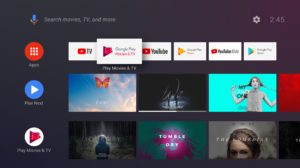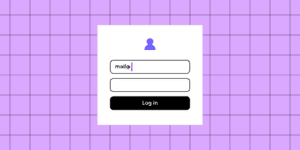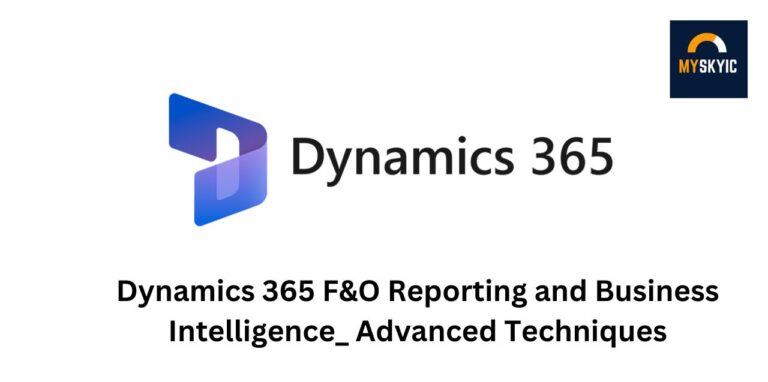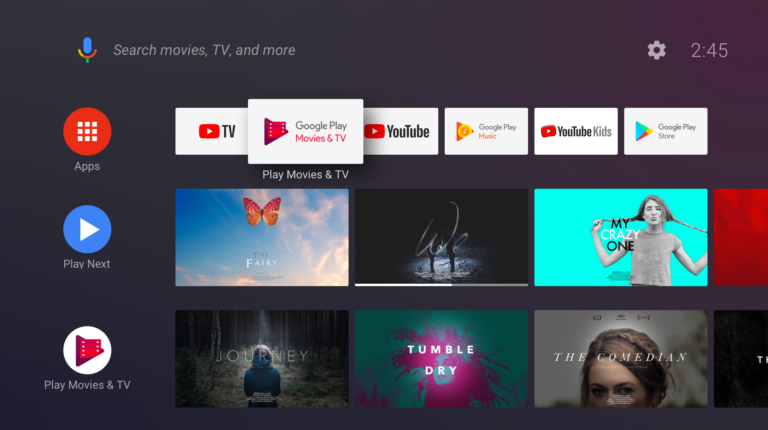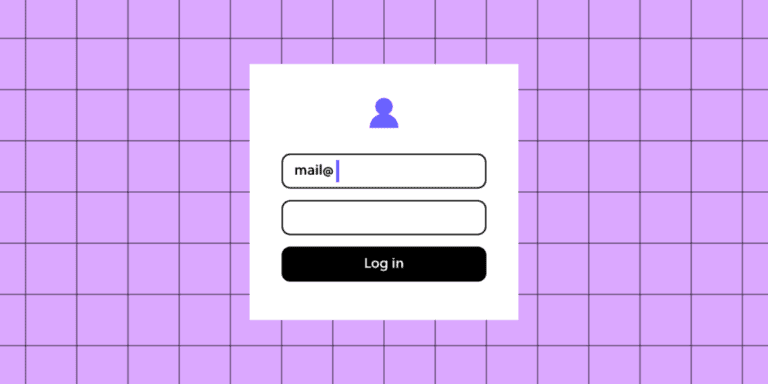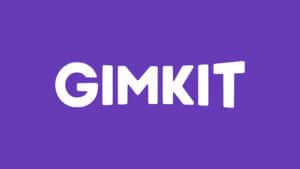Introduction to Python and its role in web development
Python has emerged as one of the most powerful and versatile programming languages in recent years. Its simplicity, readability, and vast range of libraries and frameworks have made it a favorite among developers worldwide. In the realm of web development, Python has proven to be a game-changer, especially when it comes to AI-powered applications.
Python’s popularity in web development can be attributed to its ease of use and flexibility. Its syntax is clean and concise, making it easier for developers to write and maintain code. Additionally, Python’s extensive library ecosystem provides a wealth of resources for building web applications, including AI-powered ones.
Table of Contents
The power of Python in AI-powered web development
Python’s true power shines through in AI-powered web development. With its wide range of libraries and frameworks specifically designed for machine learning, natural language processing, computer vision, and data analysis, Python has become the go-to language for developing intelligent web applications.
Python’s simplicity and readability make it ideal for AI development, allowing developers to focus on the logic and algorithms rather than getting bogged down in complex syntax. This simplicity also leads to faster development times, enabling developers to bring AI-powered web applications to market quicker.
Benefits of using Python in AI-powered web development
Using Python in AI-powered web development offers several key benefits. Firstly, Python’s extensive library ecosystem provides developers with access to a vast array of pre-built tools and algorithms for AI development. This saves development time and effort, allowing developers to focus on the unique aspects of their application.
Secondly, Python’s versatility allows for seamless integration with other technologies and frameworks. Whether it’s integrating AI models with web frameworks like Django or Flask, or connecting to databases and APIs, Python provides the flexibility to build robust and scalable AI-powered web applications.
Lastly, Python’s large and active community ensures that developers have access to a wealth of resources, including tutorials, documentation, and support. This vibrant community fosters collaboration and innovation, making Python an ideal choice for AI-powered web development.
Python libraries and frameworks for AI-powered web development
Python offers a wide range of libraries and frameworks specifically designed for AI-powered web development. Some of the most popular ones include:
- TensorFlow: TensorFlow is an open-source machine learning framework that powers many AI applications. It provides a comprehensive ecosystem of tools, libraries, and resources for building and deploying machine learning models.
- PyTorch: PyTorch is another powerful machine-learning library that emphasizes flexibility and ease of use. It is widely used for developing neural networks and deep learning models.
- NLTK: The Natural Language Toolkit (NLTK) is a library for natural language processing (NLP) in Python. It provides tools for tokenizing, stemming, tagging, parsing, and more, making it the go-to choice for NLP tasks in web development.
- OpenCV: OpenCV is a computer vision library that provides tools and algorithms for image and video analysis. It is widely used in AI-powered web applications that involve tasks such as object detection, face recognition, and image classification.
- Pandas: Pandas is a powerful library for data manipulation and analysis. It provides data structures and functions for handling structured data, making it an essential tool for AI-powered web applications that involve data analysis and processing.
These are just a few examples of the many libraries and frameworks available in Python for AI-powered web development. The vast library ecosystem ensures that developers have access to the tools and resources they need to build intelligent web applications.
Python and machine learning in web development
Machine learning is at the core of AI-powered web development, and Python is the language of choice for developing machine learning models. Python’s simplicity and readability make it easier for developers to implement and experiment with different machine-learning algorithms.
Python’s machine learning libraries, such as TensorFlow and PyTorch, provide a high-level interface for building and training machine learning models. These libraries abstract away the complexities of machine learning, allowing developers to focus on the logic and algorithms.
In web development, machine learning models can be used for a wide range of tasks, such as personalized recommendations, sentiment analysis, fraud detection, and more. Python’s extensive library ecosystem makes it easy to integrate these models into web applications and leverage their predictive power.
Python and natural language processing in web development
Natural language processing (NLP) is another crucial aspect of AI-powered web development, and Python’s NLTK library is the go-to choice for NLP tasks. NLTK provides a range of tools and algorithms for processing and analyzing text data, such as tokenization, stemming, tagging, parsing, and more.
In web development, NLP can be used for tasks such as sentiment analysis, text classification, named entity recognition, and chatbot development. Python’s simplicity and NLTK’s powerful capabilities make it easy for developers to implement these tasks and build intelligent web applications that can understand and respond to natural language.
Python and computer vision in web development
Computer vision is a rapidly evolving field in AI, and Python’s OpenCV library is at the forefront of computer vision development. OpenCV provides a wide range of tools and algorithms for image and video analysis, including object detection, face recognition, image classification, and more.
In web development, computer vision can be used for tasks such as image recognition, augmented reality, and video analysis. Python’s simplicity and OpenCV’s extensive capabilities make it easy for developers to implement computer vision tasks and build visually intelligent web applications.
Python and data analysis in web development
Data analysis is a critical component of AI-powered web development, and Python’s Pandas library is the go-to choice for data manipulation and analysis. Pandas provides data structures and functions for handling structured data, making it easy for developers to analyze and process data in web applications.
In web development, data analysis can be used for tasks such as user behavior analysis, predictive modeling, and data visualization. Python’s simplicity and Pandas’ powerful capabilities make it easy for developers to perform complex data analysis tasks and derive valuable insights from web application data.
Best practices for AI-powered web development with Python
While Python provides a powerful platform for AI-powered web development, it’s essential to follow best practices to ensure robust and scalable applications. Here are some best practices to consider:
- Modularize your code: Break your code into reusable modules and functions, making it easier to maintain and update.
- Optimize your algorithms: Take advantage of Python’s extensive library ecosystem to optimize your algorithms and improve performance.
- Handle errors gracefully: Implement proper error handling to ensure your application can handle unexpected situations.
- Test thoroughly: Test your AI models and algorithms rigorously to ensure they perform as expected.
- Keep security in mind: Implement security measures to protect sensitive data and prevent vulnerabilities.
By following these best practices, you can build robust and scalable AI-powered web applications that harness the full power of Python.
Conclusion: Embracing the future of web development with Python
Python has established itself as the language of choice for AI-powered web development. Its simplicity, versatility, and extensive library ecosystem make it the go-to language for building intelligent web applications. Whether it’s machine learning, natural language processing, computer vision, or data analysis, Python provides the tools and resources developers need to bring their AI-powered web applications to life.
As the field of AI continues to evolve, Python will undoubtedly remain at the forefront of web development. Its ease of use, flexibility, and vibrant community ensure that developers have the support they need to embrace the future of web development with Python. So, if you’re looking to develop AI-powered web applications, don’t hesitate to hire Python developers. Our team of experienced Python developers can help you harness the full power of Python and bring your AI-powered web applications to life. Contact us today and unlock the potential of Python in AI-powered web development.


